Hybrid vehicles have become increasingly popular, thanks to their environmental benefits and exceptional fuel efficiency. However, potential buyers often worry about the costs associated with repairing and maintaining these advanced vehicles. Let’s delve into the reality of hybrid auto repair costs and what drivers can anticipate when they own a hybrid vehicle.
Understanding Hybrid Technology
Key Components of Hybrid Vehicles
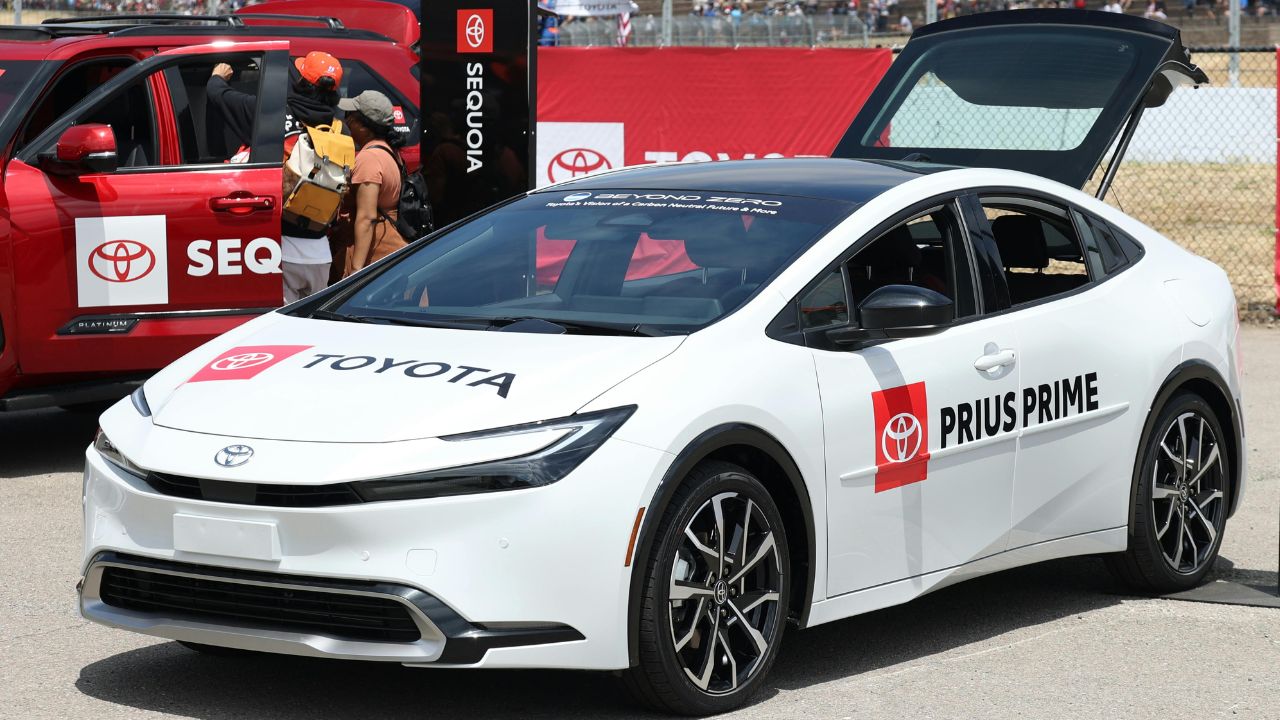
At the heart of hybrid vehicles lies a unique drivetrain that combines an electric motor with a traditional internal combustion engine. For example, the 2020 Toyota Prius features a sophisticated system that integrates an electric motor, a battery pack, and a regenerative braking system. This combination allows the Prius to achieve impressive fuel efficiency by alternating between the electric motor and gasoline engine as needed.
Unlike conventional vehicles, hybrids are designed to optimize energy usage and reduce emissions. The electric motor provides additional power during acceleration, while the regenerative braking system captures and stores energy that would otherwise be lost. This energy is then used to charge the battery pack, enhancing the vehicle’s efficiency. In contrast, traditional vehicles rely solely on the combustion engine, leading to higher fuel consumption and emissions.
Common Misconceptions
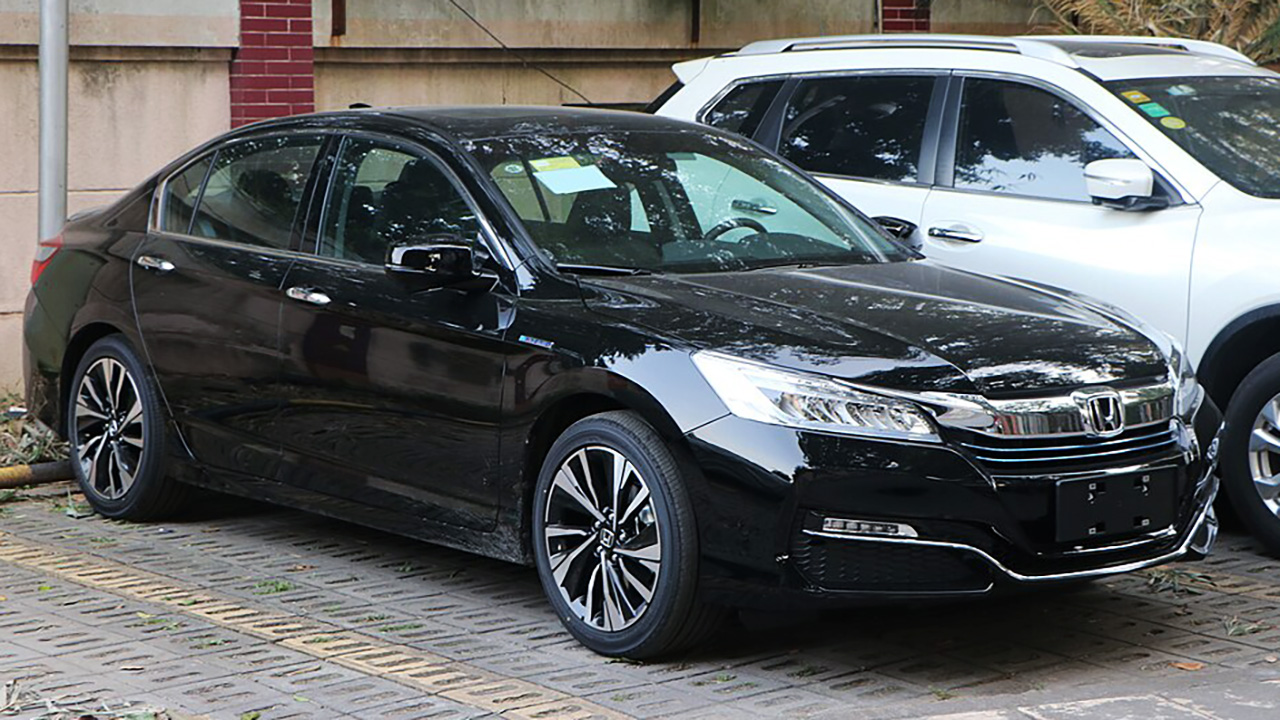
Despite the technological advancements in hybrid vehicles, misconceptions about their reliability and complexity persist. Some potential buyers fear that hybrids are prone to frequent breakdowns or costly repairs. However, studies show that models like the 2018 Honda Accord Hybrid boast comparable reliability to their non-hybrid counterparts, thanks to rigorous testing and quality control by manufacturers.
Another myth is that hybrid components, such as the battery pack, have a shorter lifespan than traditional parts. In reality, hybrid batteries often last for over 100,000 miles, with some models like the 2019 Ford Fusion Hybrid offering warranties that cover the battery for up to 8 years or 100,000 miles. This durability, combined with continuous advancements in battery technology, ensures that hybrids can provide a long-lasting and reliable driving experience.
Routine Maintenance Costs
Comparative Analysis with Conventional Cars

When it comes to routine maintenance, hybrid vehicles generally require the same basic services as conventional cars, including oil changes, tire rotations, and brake pad replacements. For instance, the 2017 Hyundai Ioniq Hybrid benefits from extended oil change intervals due to its efficient engine design, leading to cost savings over time.
However, hybrids may have slightly higher costs for brake pad replacements because regenerative braking reduces wear on traditional brakes. This feature not only enhances efficiency but also prolongs the lifespan of brake components. Overall, while routine maintenance for hybrids can be comparable or even lower in cost than traditional vehicles, it’s essential to consider these subtle differences in service requirements.
Unique Maintenance Considerations
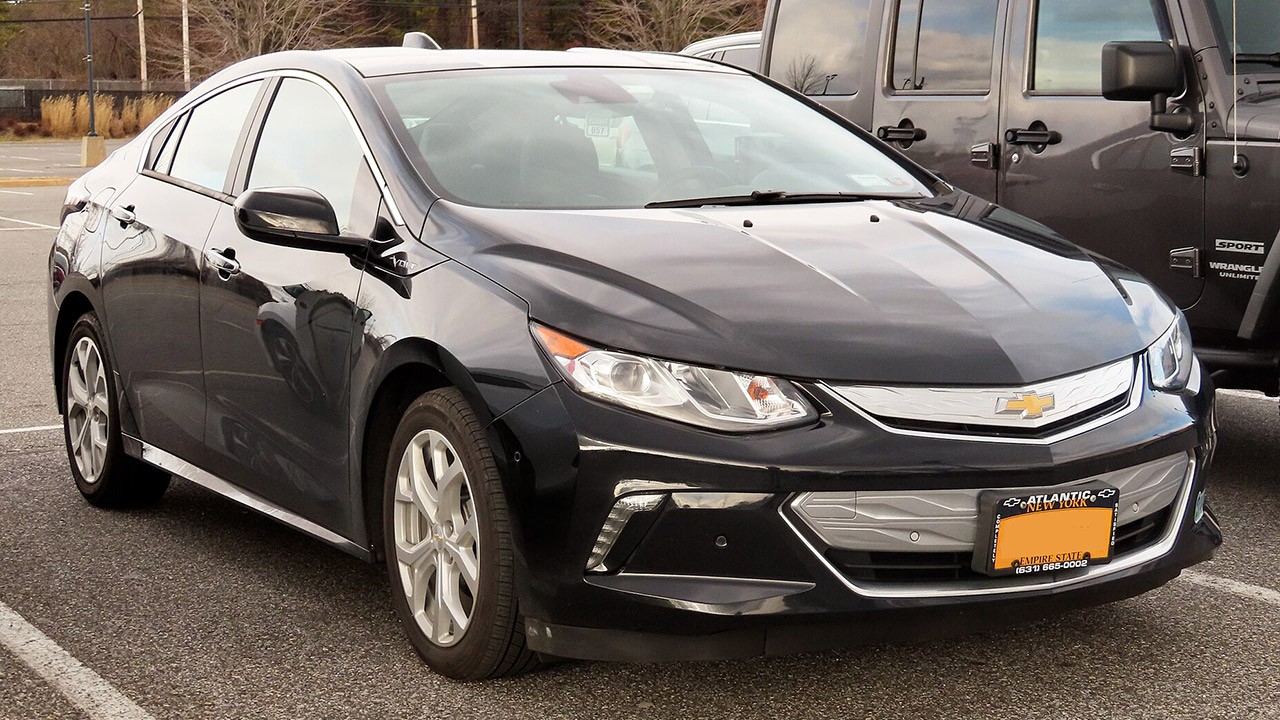
Hybrid vehicles do have unique maintenance needs that require attention. For example, regular battery health checks are crucial to ensure optimal performance. The 2016 Chevrolet Volt, for instance, benefits from scheduled battery inspections to monitor its condition and prevent potential issues.
Additionally, servicing the electric motor and related components may involve specialized tasks that aren’t necessary for conventional vehicles. While these services can incur additional costs, they are generally infrequent and offset by the savings from reduced fuel consumption and extended brake life. Understanding these unique considerations helps hybrid owners better anticipate maintenance expenses and make informed decisions.
Battery Replacement and Costs
Lifespan and Warranty of Hybrid Batteries

Hybrid batteries are designed to last, with many models offering impressive longevity. The 2021 Toyota Camry Hybrid, for example, features a battery expected to last between 8 to 10 years, depending on usage and environmental factors. Manufacturers often provide warranties that cover battery replacement for several years, offering peace of mind to hybrid owners.
These warranties typically cover defects and performance issues, ensuring that drivers can rely on their hybrid’s battery for a significant portion of the vehicle’s lifespan. It’s important for potential buyers to understand the terms of these warranties and any conditions that may affect coverage.
Replacement Costs and Alternatives
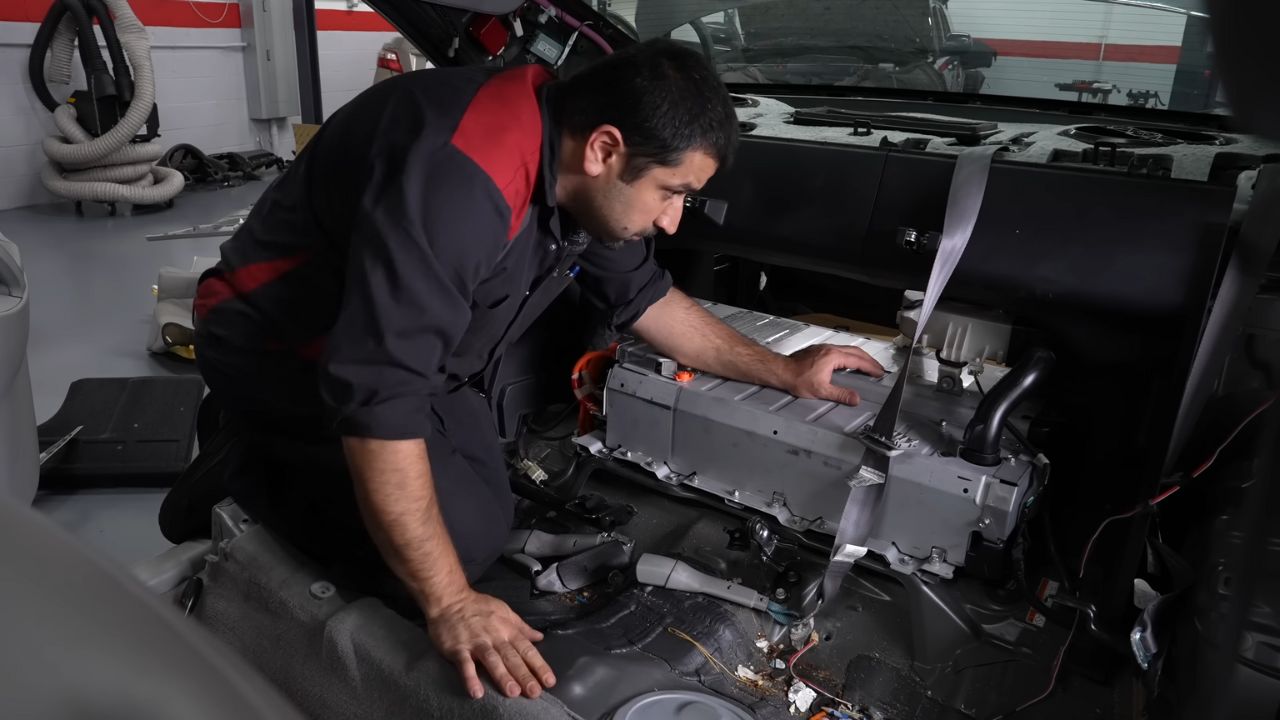
If a hybrid battery does need replacement, the costs can vary widely based on the make and model. For instance, replacing the battery in a 2022 Kia Niro Hybrid might cost several thousand dollars. However, many manufacturers and third-party vendors offer refurbished or second-hand battery options, which can significantly reduce expenses.
Additionally, government programs and financial assistance may be available to help offset the costs of battery replacement. Exploring these alternatives can provide hybrid owners with more affordable solutions and ensure their vehicle remains efficient and reliable.
Repair Costs and Challenges
Common Repairs in Hybrid Vehicles
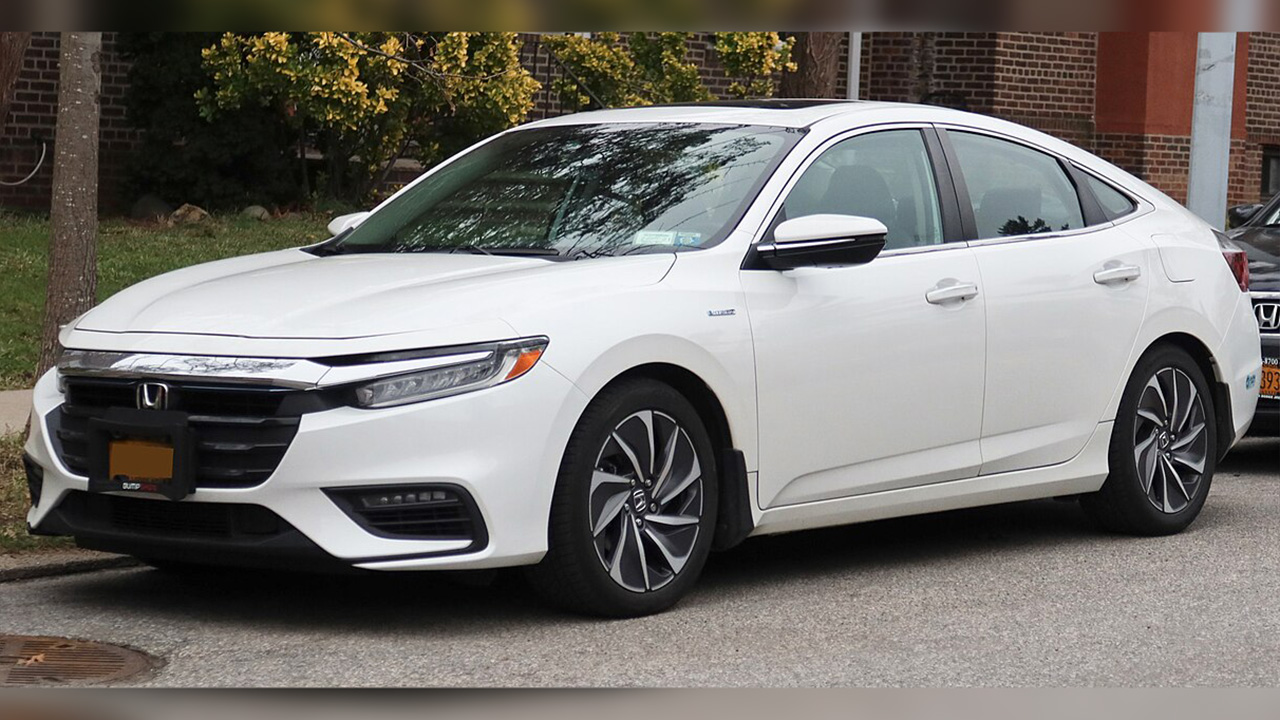
While hybrid vehicles are generally reliable, they may require specific repairs unique to their technology. For example, the regenerative braking system in the 2019 Honda Insight may need occasional calibration to maintain optimal performance. These repairs, although infrequent, can be more complex and costly than those for traditional vehicles.
Other common repairs include addressing issues with the electric motor or inverter, components that are critical to hybrid operation. Despite these potential challenges, many hybrid owners find that the reduced frequency of traditional engine repairs balances out the overall cost of maintenance.
Availability of Skilled Technicians
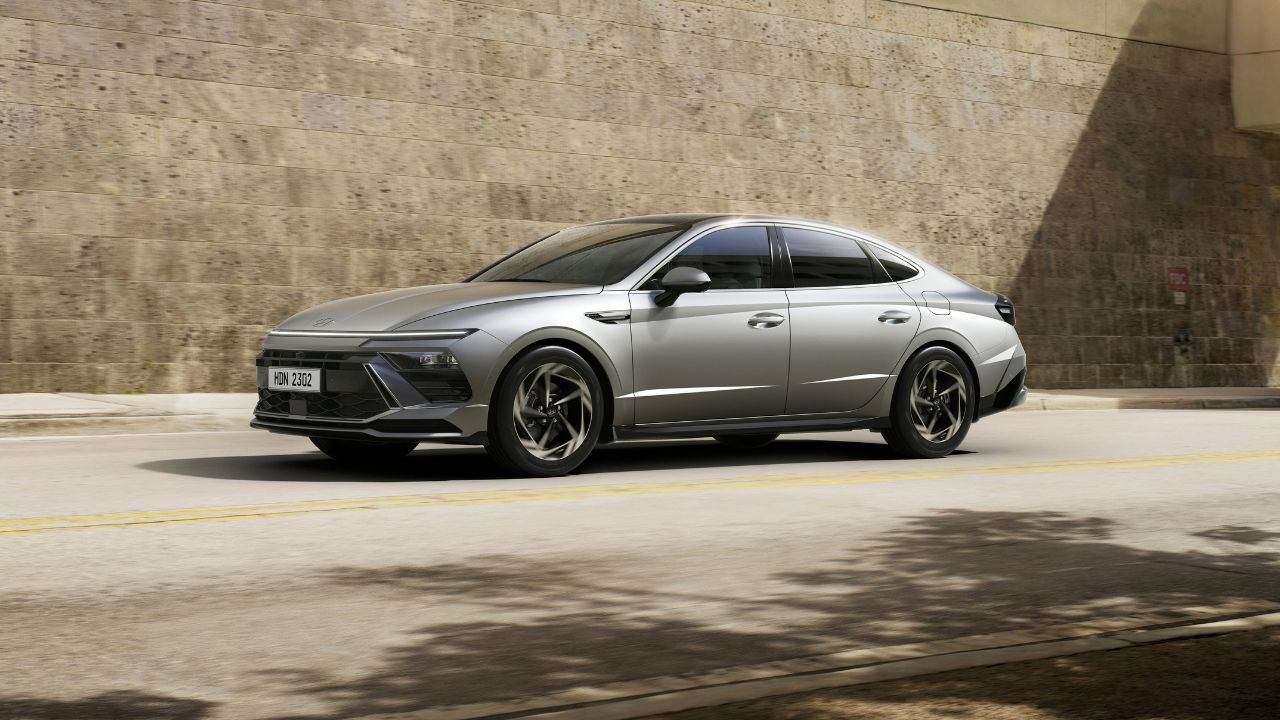
One challenge hybrid owners may face is finding skilled technicians with expertise in hybrid technology. While dealerships often have trained staff, independent repair shops may not always possess the necessary knowledge or equipment to handle hybrid-specific repairs. For example, servicing a 2023 Hyundai Sonata Hybrid might require specialized diagnostic tools not readily available at all repair facilities.
Nonetheless, the growing popularity of hybrids has led to an increase in training programs and certification for technicians, improving the availability of skilled professionals. As more vehicles with hybrid technology enter the market, the accessibility of qualified repair services is expected to continue improving.
Long-Term Cost Efficiency
Fuel Savings and Economic Benefits

One of the most significant advantages of owning a hybrid vehicle is the potential for substantial fuel savings. Over the lifetime of a vehicle like the 2024 Nissan Rogue Hybrid, these savings can offset higher initial purchase prices and contribute to overall cost efficiency.
Additionally, many governments offer incentives and rebates to encourage the adoption of hybrid technology, further enhancing the economic benefits for owners. These incentives can include tax credits, reduced registration fees, and access to carpool lanes, making hybrids a financially attractive option for many drivers.
Resale Value and Market Trends

Hybrid vehicles often retain their value better than conventional cars, due to their fuel efficiency and growing demand in the market. The 2015 Lexus RX 450h, for instance, has demonstrated strong resale value because of its reputation for reliability and performance.
Factors such as technological advancements, consumer interest in sustainable transportation, and fluctuating fuel prices all influence the depreciation and resale value of hybrid vehicles. As the market for green technology continues to expand, hybrids are likely to remain a smart long-term investment for environmentally conscious and cost-savvy drivers.
Like Fast Lane Only’s content? Be sure to follow us.
Here’s more from us:
*Created with AI assistance and editor review.

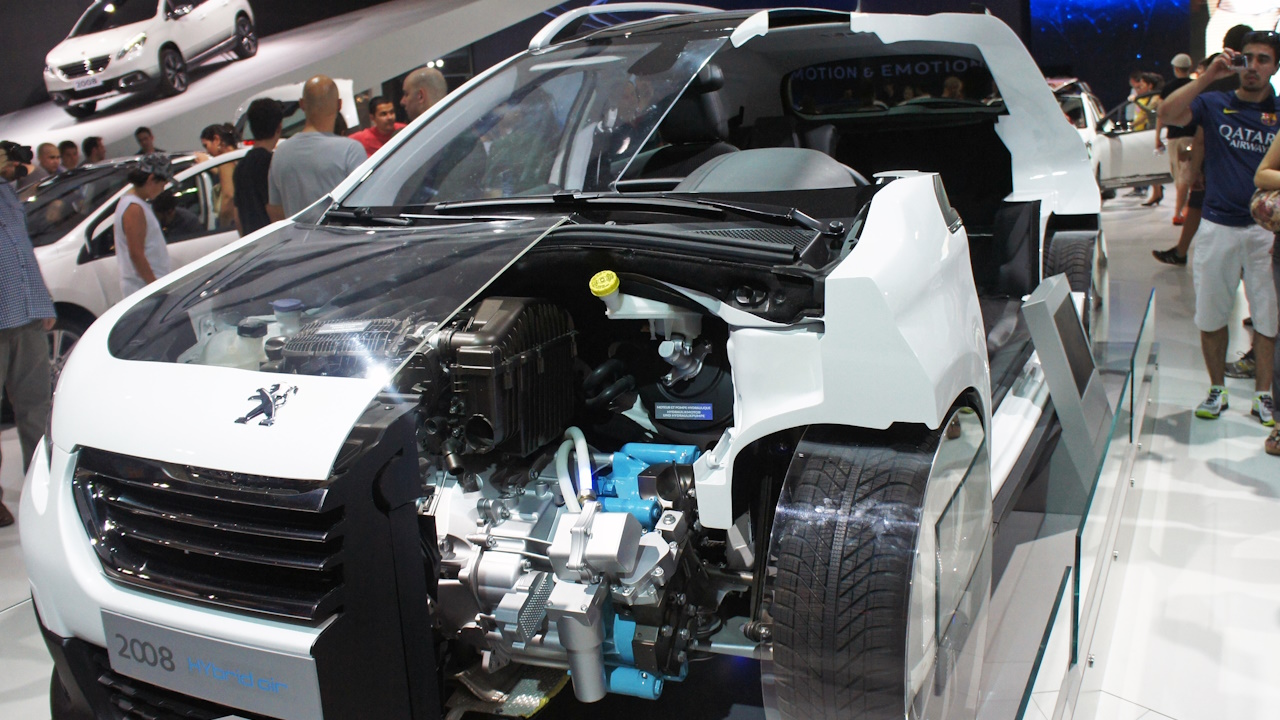

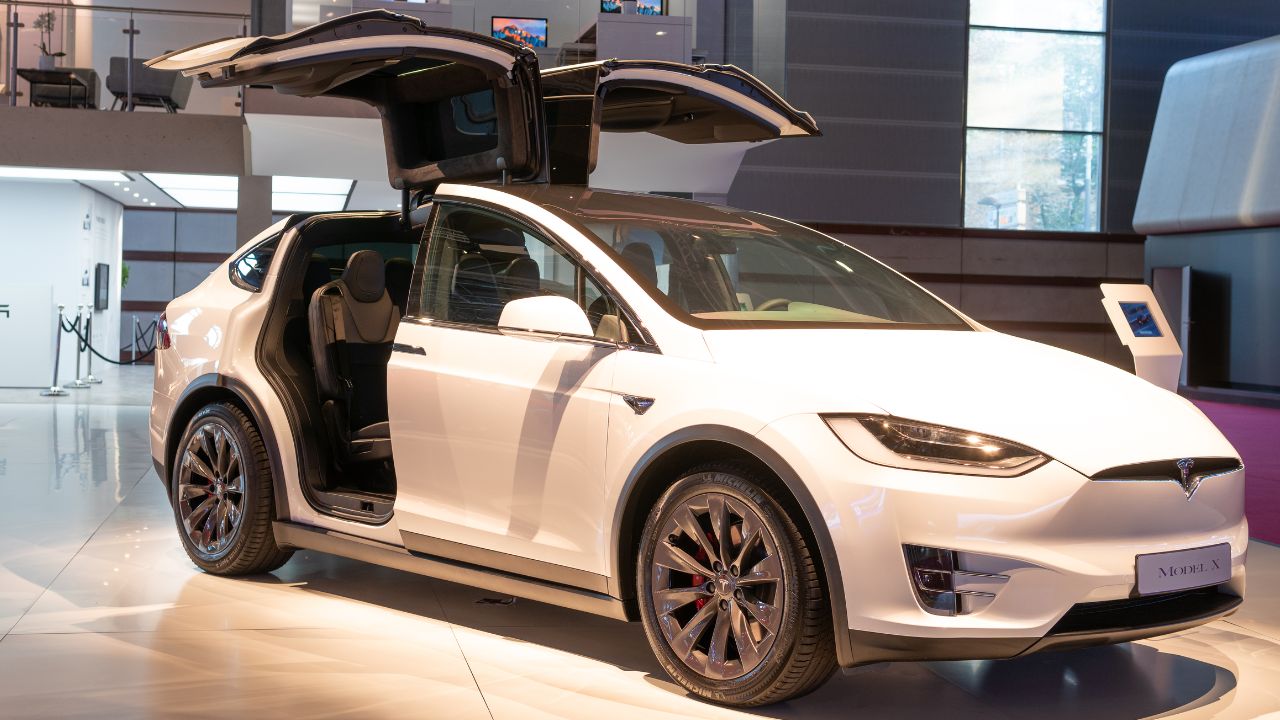

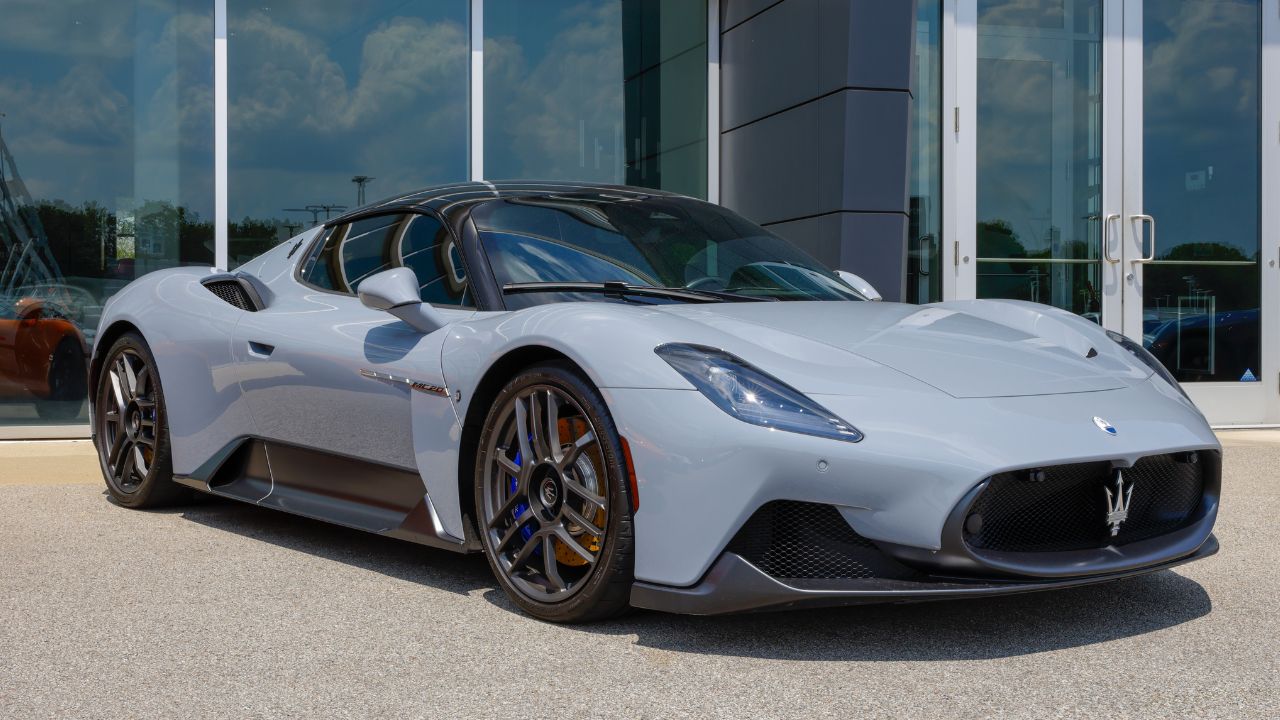
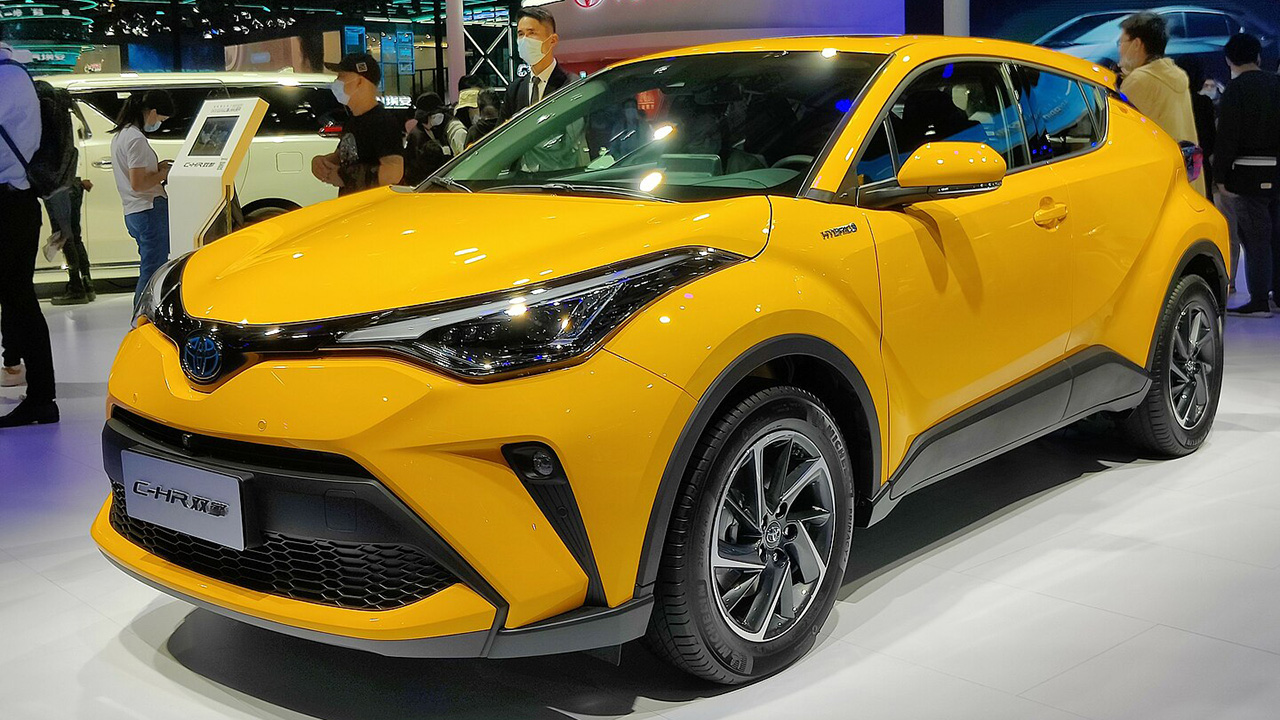
Leave a Reply